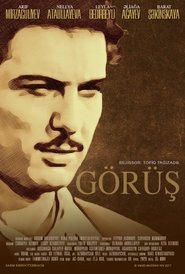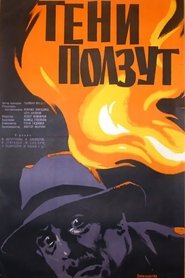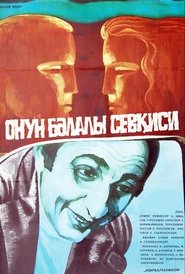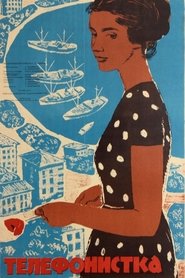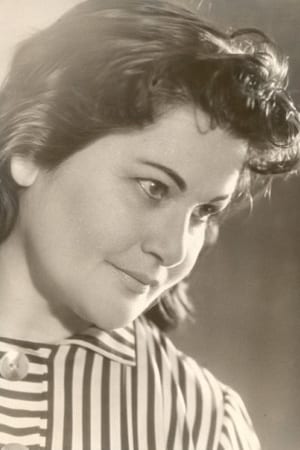
Barat Shekinskaya
Barat Shakinskaya was born in Shusha into a bey family. Her mother Aghja (née Hajiyeva) was the niece of Azerbaijani writer and dramatist Abdurrahim bey Hagverdiyev. Her father hailed from the khans of Karabakh on his mother's side and from the khans of Shaki on his father's side. The name Barat means 'God-given', a name chosen by her grandmother Govhar, as Barat was the first surviving child in the family following three her still-born siblings. Later Habib and Aghja Shakinskis became parents to two more children, Suleyman and Sariyya. Barat got primary education in Shusha. After the Eleventh Red Army annexed Azerbaijan in 1920, her father fled to Iran as a political immigrant, while her mother and the children relocated to Ganja and maintained contact with Habib Shakinski until 1928, when the Soviet-Iranian border closed and they were compelled to cease contact with him. Shakinskaya participated in the female drama club of Ganja at the age of 13. In 1935, she began to play at the Azerbaijan State Academic Drama Theatre. Barat Shakinskaya became the first Azerbaijani actress to play male roles. The part of Kostya played by her at the Ganja Theatre and also Napoleon's part played in Baku, in 1934 were particularly noteworthy. The actress played children's roles too. Her last children's role of Nazli, a pupil of the seventh grade from Mammadhuseyn Tahmasib's play Blossoming Dreams, she played while she was at the age of 37 herself. In 1935, Barat Shakinskaya began to participate at radio programs on the initiative of Mustafa Mardanov, People's Artist of Azerbaijan. In 1949, she was conferred a title of People's Artist of the Azerbaijan SSR. Shakinskaya was married to director Mehdi Mammadov.
Known For
Credits
- 1980 · His Troubled Love as Grandmother
- 1978 · The Man of the House as Rovshan's Mother
- 1962 · The Telephone Operator as Surayya
- 1960 · Wonderful Event as Tukazban
- 1958 · The Shadows are Crawling as Secretary
- 1958 · If Not This, Then That as Senem
- 1957 · Under the Burning Sun as Sardarov's Wife
- 1955 · The Meeting as Shovkat
